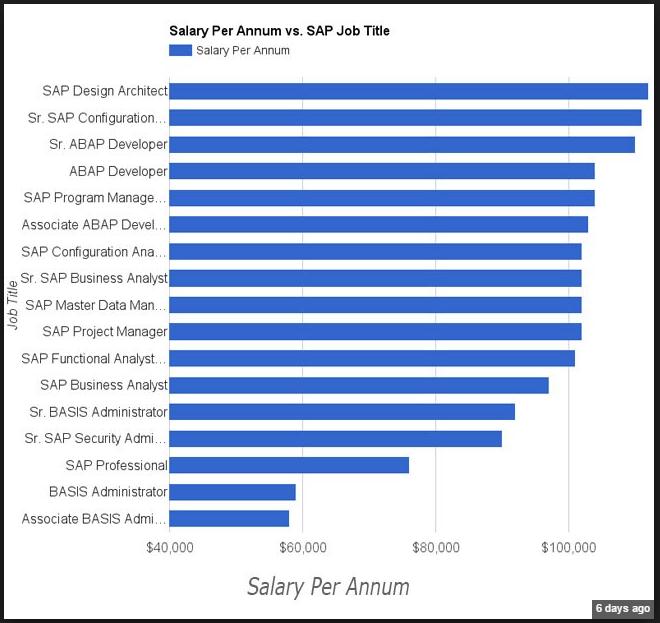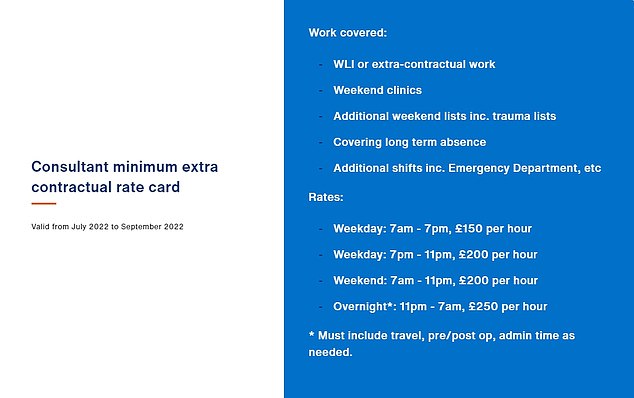
The Consulting Operations Manager (COM), provides support and collaboration to the entire consulting practice. This role creates effective processes for the firm and helps minimize risk while optimizing client experience and talent. This role is flexible in terms of location and work hours and can be found in RSM offices across the United States.
You need to have the skills required for a manager of consulting operations
Operations managers should have excellent interpersonal skills. Because they are closely connected to clients and employees, operations managers must have excellent communication skills. These skills are crucial for conducting meetings and presenting proposals as well as negotiating business contracts.
Strong leadership skills are essential for those who want to work in consulting operations management. They often work with a team. This can include the ability to motivate people and ensure that they work together in order to meet deadlines. They should also have the ability to inspire and facilitate collaboration. This ability may not be required for an operation management position.

An operations manager should be able to communicate well with people and manage conflict effectively. They must be able establish trust with clients as well as positive relationships within the business. Management teams can benefit from strong interpersonal skills that can foster creativity and diversity.
Responsibilities as a consultant operations manager
A consultant operations manager manages a team, and ensures that all processes are executed effectively. This position requires extensive knowledge in operations improvement strategies, data analytics, and company management software. These professionals need to be able to communicate and analyze well. A master's degree is the best way to get a job in this industry. The salary of a consulting operations manager can range from $24,500 to $145,000.
In addition to determining the company's goals, an operations manager also manages all aspects of business operations, including labor, productivity, and quality control. They act as the representative for regulatory issues and oversee the safety of the organization. They also monitor employee performance, and are always looking for ways in which to improve processes and systems.
Salaries for consultants operations managers
Salaries for a consulting operations manager can vary widely, but the national average for this position is $66,198. The information is derived using 17 data points from Indeed job listings over the last 36-months. These numbers are for informational purposes only. They may vary in local jurisdictions.

General managers have a broad range of responsibilities, including the implementation of policies, planning for future and supervising activities in various departments and locations. Their duties are so diverse, however, that they cannot be categorized into a single functional area. They are responsible for overseeing multiple business functions including client projects and their execution. They also supervise junior consultants and play an important role in ensuring that a project is a success.
An Operations Manager who is able to challenge established views and improve processes will be a great leader. This may involve challenging long-standing subject matter professionals. In addition, a good Operations Manager will not continually present the company with a shopping list of capital investments, but instead will focus on getting the most out of what it already has. They will ensure the capital request aligns with the overall business strategy.
FAQ
How much should you charge to be a consultant?
It depends on what service you provide. It doesn't matter if you offer services at no cost. But if your services or products are for sale, you will need to establish prices that reflect their value.
You don't have any products to sell if you provide low-quality services. Why would anyone pay anything for you?
If you're providing high-quality services you might ask for a greater price. Because people are aware of the value you provide, they will be more willing to pay you a higher rate. It is possible to offer discounts to clients who order multiple packages.
What happens when the consultant finishes the job?
After the consultant completes the work, s/he will submit a final report detailing the results of their work. This report will include project timelines and deliverables as well as any other relevant information.
You will then review the report to determine if the consultant fulfilled your expectations. If you are not satisfied with the consultant's report, you have the option to ask for modifications or to terminate your contract.
How do I become successful as a consultant?
First, find a subject you're passionate about. Next, you need to establish relationships. You need to know what clients want and how they operate. The final step is to provide results.
While you don’t have to be the greatest at everything, you have to be better than everyone else. Passion is key. It's not enough to just say "I want to be a consultant." You must believe in yourself.
Why would a company hire consultants?
Consultants offer expert advice to help improve your business' performance. Consultants are not there to help you sell products.
Consulting helps companies make better decisions. They provide sound analysis and offer suggestions for improvement.
Consultants often work closely alongside senior management teams to help understand what they need to succeed.
They provide coaching and leadership training for employees to enable them to achieve their peak performance.
They may advise businesses on reducing costs, streamlining processes, and increasing efficiency.
What was the origin of modern consultancy?
The first consultants were accountants that helped companies manage finances. They were able to manage financial information and became "accounting experts". The role soon expanded to include other areas, including human resources management.
The French word for advice, "consultant", was originally used to describe someone who could advise on the management of an organization. Today, business owners still use the term consultant to refer to any type of professional advisor.
Statistics
- "From there, I told them my rates were going up 25%, this is the new hourly rate, and every single one of them said 'done, fine.' (nerdwallet.com)
- Over 62% of consultants were dissatisfied with their former jobs before starting their consulting business. (consultingsuccess.com)
- Over 50% of consultants get their first consulting client through a referral from their network. (consultingsuccess.com)
- 67% of consultants start their consulting businesses after quitting their jobs, while 33% start while they're still at their jobs. (consultingsuccess.com)
- So, if you help your clients increase their sales by 33%, then use a word like “revolution” instead of “increase.” (consultingsuccess.com)
External Links
How To
How do I start a consultancy company?
A consulting business is a great way of making money online. No prior business experience is required. You can start your own consulting firm by building a website. You can use social media platforms like Facebook, Twitter, LinkedIn and Instagram to promote your services.
These tools allow you to make a marketing program that includes the following:
-
Writing content (blogs).
-
Contacts are essential for building relationships
-
Generating leads, also known as lead generation forms
-
Selling products on e-Commerce websites
Once you've created your marketing strategy, the next step is to find clients who are willing to pay you for your services. Some prefer to connect with people through networking events. Others prefer to use online resources like Craigslist and Kijiji. The decision is up to each individual.
Once you have a new client, you need to discuss terms. This could include hourly or flat fees as well as retainer agreements and flat fee contracts. It's important to know what you expect before accepting a client so you can communicate clearly throughout the process.
The most common type of contract for a consultancy service is an hourly agreement. This type of contract requires you to provide certain services at fixed rates each week or month. You might be able, depending on which service you offer, to negotiate a discount. Before you sign a contract, ensure you understand everything.
Next, you will need to create invoices that you can send to your clients. Invoicing can seem simple until you try it. There are many different ways to invoice your clients, depending on your preferences. Some prefer to send their invoices directly by email, while others prefer to print and mail hard copies. No matter which method you choose to use, it is important that it works for you.
After you've created your invoices, you can collect payments. PayPal is the most popular payment option because it's easy to use and provides multiple payment options. You can also use Square Cash, Square Cash (Google Wallet), Square Cash, Square Cash, Apple Pay and Venmo as payment processors.
Once you're ready for collecting payments you'll need to set up bank account. You can track income and expenses separately by having separate savings and checking accounts. Automated transfers into your bank account are a great way to pay bills.
When you start a consultancy business, it may seem overwhelming, but once you learn how to do it correctly, it becomes second nature. For more information on starting a consultancy business, check out our blog post here.
A consulting business is a great way of making extra money without worrying about your employees. Many consultants work remotely. This means that they don’t have to deal in office politics or work long hours. You have more flexibility than traditional employees because you aren't tied down by work hours.